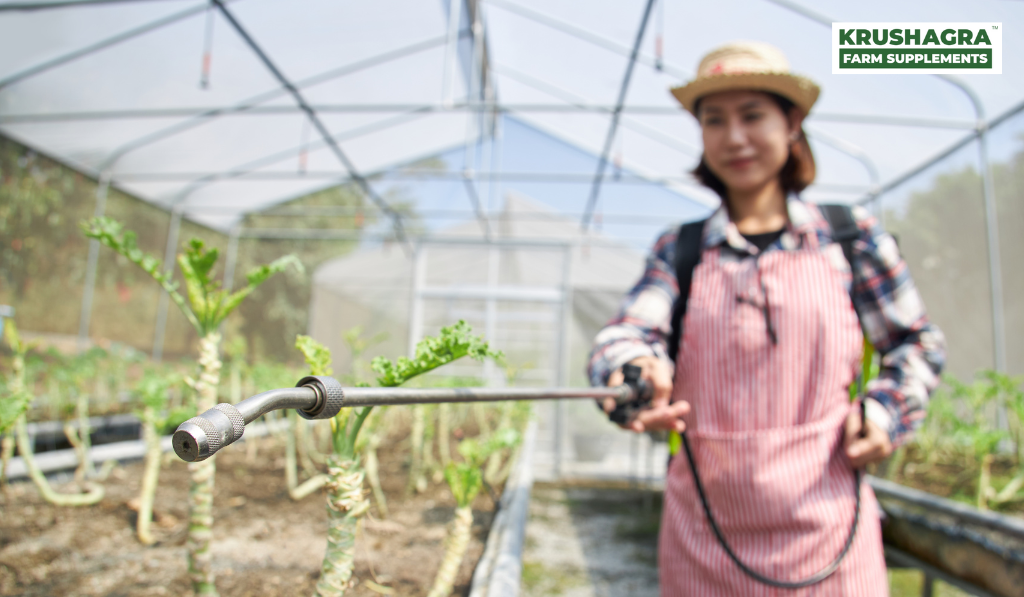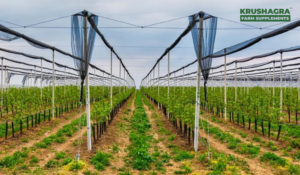Introduction:
In recent years, there has been a growing awareness of the environmental and health implications associated with conventional farming practices. This has led to a surge in interest and adoption of organic and natural farming methods. One integral component of these sustainable farming systems is the use of biofertilizers. Unlike chemical fertilizers, biofertilizers leverage the power of beneficial microorganisms to enhance soil fertility and promote plant growth. In this blog, we’ll explore the myriad benefits of incorporating biofertilizers into organic and natural farming practices.
- Soil Health Improvement: Biofertilizers play a crucial role in enhancing soil health by introducing beneficial microorganisms such as bacteria, fungi, and mycorrhizae. These microorganisms establish symbiotic relationships with plants, facilitating nutrient absorption and promoting overall soil structure. They help in the decomposition of organic matter, releasing essential nutrients that are vital for plant growth.
- Sustainable Nutrient Management: Chemical fertilizers often result in nutrient imbalances and soil degradation over time. Biofertilizers, on the other hand, provide a sustainable solution by promoting the natural cycling of nutrients in the soil. Nitrogen-fixing bacteria, for instance, convert atmospheric nitrogen into a form usable by plants, reducing the need for synthetic nitrogen fertilizers and mitigating environmental pollution.
- Environmental Conservation: The production and application of chemical fertilizers contribute significantly to environmental pollution and greenhouse gas emissions. Biofertilizers, being derived from natural sources, have a lower environmental footprint. By reducing reliance on synthetic fertilizers, farmers can contribute to the conservation of water resources, protect biodiversity, and mitigate the negative impacts of agriculture on climate change.
- Enhanced Crop Yield and Quality: Numerous studies have demonstrated that the use of biofertilizers positively impacts crop yield and quality. The symbiotic relationships formed between plants and beneficial microorganisms result in improved nutrient uptake, better resistance to pests and diseases, and increased stress tolerance. This translates into healthier, more resilient crops that yield higher returns for farmers.
- Cost-Effective Farming: While the initial investment in biofertilizers may seem comparable to chemical fertilizers, the long-term benefits far outweigh the costs. Biofertilizers contribute to the development of a self-sustaining ecosystem within the soil, reducing the need for frequent fertilization. This not only lowers input costs for farmers but also decreases the financial burden associated with synthetic inputs.
- Restoration of Degraded Soils: In regions where soil fertility has been compromised due to excessive use of chemical inputs, biofertilizers offer a promising solution for soil restoration. The introduction of beneficial microorganisms helps rejuvenate degraded soils, promoting the recovery of ecosystems and supporting sustainable land management practices.
- Biodiversity Promotion: Biofertilizers contribute to the preservation and enhancement of biodiversity in agricultural ecosystems. The diverse array of microorganisms introduced into the soil fosters a balanced and resilient ecosystem, reducing the risk of crop failure due to pests and diseases. This approach aligns with the principles of agroecology, emphasizing the importance of biodiversity for sustainable and resilient food production.
Conclusion:
As the global agricultural landscape shifts towards more sustainable and ecologically friendly practices, biofertilizers emerge as a cornerstone in the transition to organic and natural farming systems. The benefits they offer in terms of soil health improvement, sustainable nutrient management, environmental conservation, enhanced crop yield and quality, cost-effective farming, soil restoration, and biodiversity promotion make them a valuable asset for farmers committed to cultivating in harmony with nature. Embracing biofertilizers is not just a choice for sustainable farming; it is a step towards building a resilient and regenerative agricultural future.






